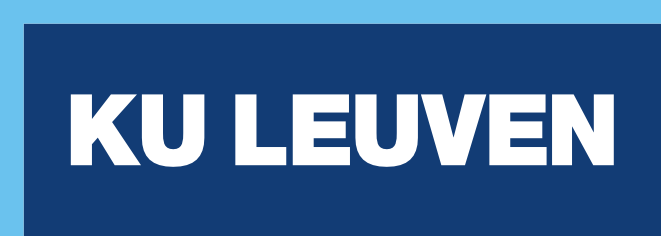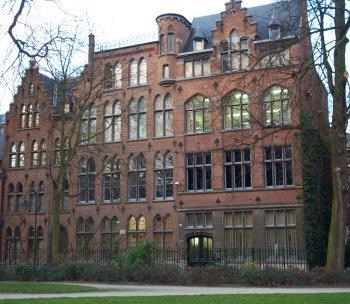
University of Leuven
KU Leuven is a research university in the Dutch-speaking town of Leuven. It conducts teaching to 58,642 students, research, and services in the sciences, engineering, humanities, medicine, law, and social sciences. KU Leuven consistently ranks among the top 100 universities in the world. In 1972, the KU Leuven set up a separate entity Leuven Research & Development (LRD – https://lrd.kuleuven.be) to support industrial and commercial applications of university research. It has led to numerous spin-offs, such as the biotechnology companies Cartagena and ReMynd, and manages tens of millions of euros in investments and venture capital. KU Leuven ranks consistently first in Thomson Reuters’ list of Europe’s most innovative universities.



EMBRC Services offered at KU Leuven
Project development for whole genome sequencing (WGS), metagenomics, 16S metagenetics, metabarcoding, skim/shallow-sequencing, Reduced Representation Sequencing (ddRAD and GBS), SNP and DNA microsatellite (SSR) development and RNA sequencing (RNAseq) of non-model organisms from the ocean or marine lab to full reporting.
Library preparation: the most optimal and cost-efficient library for DNA and RNA sequencing of non-model organisms.
DNA and RNA sequencing: the Genomics Core of the KU Leuven (https://www.genomicscore.be) offers a wide range of state-of-the-art instruments for short and long read sequencing at a competitive cost (Illumina, PacBio, Oxford Nanopore, and so on).
Bioinformatic analysis of DNA and RNA sequencing data: sequencing data are analysed through a central pipeline incorporating the latest developments in bioinformatics.







